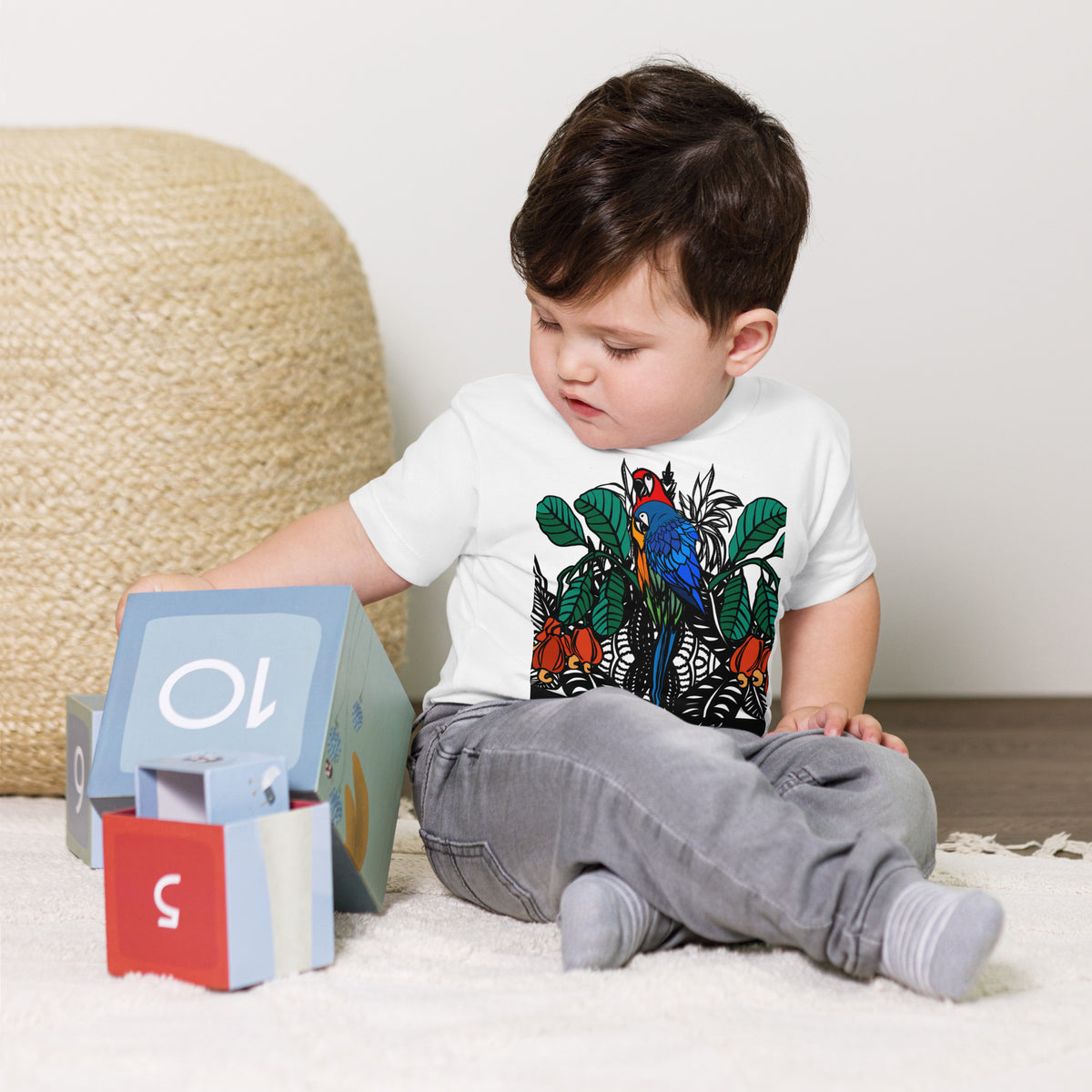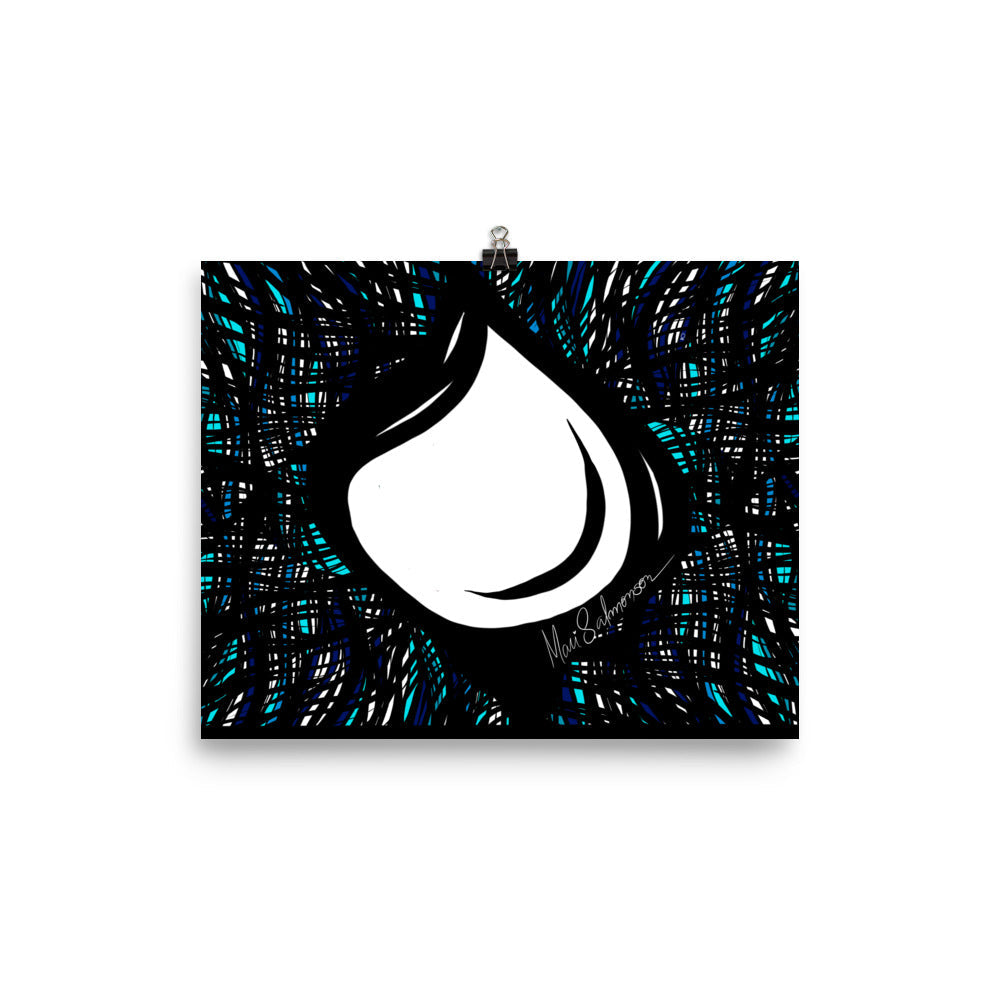This week’s interview carried a different kind of strength. The guest shared a regression experience that led her across memories beyond time, into relationships that belonged to other lives. When she returned, she realized that much of what she lives today is shaped by those ancient echoes, as if each bond from the past were a shard of glass in the mosaic of who she’s become. Among the revelations, one touched me deeply: she said that in one of those lives, I was her daughter. And suddenly, it was impossible not to think about how some connections never really end: they simply change form.
It made me think of Yemanjá and Oxum. Mother and daughter in Yoruba mythology, but also symbols of how identity is born between inheritance and choice. Because identity, at its essence, is like water, it flows, shifts its course, and blends, yet always carries the memory of its source.
Some stories cross oceans and centuries to become nearly universal, like the Greek, Norse, or Egyptian myths. But others, equally vast and luminous, still live more in whispers than in song. The Yoruba mythology is one of them. Brought across the Atlantic through pain and resilience, it took root on Brazilian shores, in the rivers and the tides, shaping culture and language even for those who never lit a candle or made an offering. Perhaps that’s why, when we hear of Oxum, he doesn’t feel like a distant goddess, but rather a mirror, a reflection of something already alive within us.
Oxum was born from a meeting of worlds, the daughter of Yemanjá and Orunmilá, carrying both the salt of the sea and the sweetness of fresh water. Her story reminds us that identity doesn’t grow only from what’s expected or allowed. Within Oxum’s womb, water doesn’t just run — it germinates. It gives life not only to bodies, but to ideas, to love, to the courage of becoming.
Between mother and daughter, there’s a silent dance that unites oceans and rivers. Yemanjá protects, cradles, and surrounds. Oxum nourishes, creates, and blooms. Their dance reveals that identity is both inheritance and decision — part of the ocean we receive, and part of the river we choose to be.
Maybe that’s what these ancient stories are trying to tell us. That like Oxum, we are made of crossings and improbable encounters, of roots and reinvention. And somewhere between the salt we inherit and the sweetness we create, we finally begin to see who we truly are.





0 comments